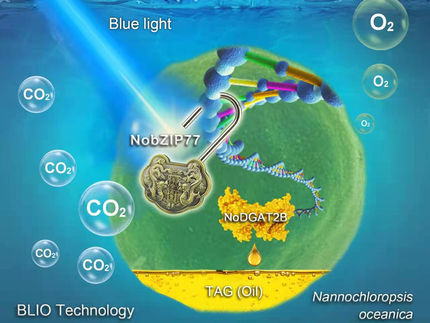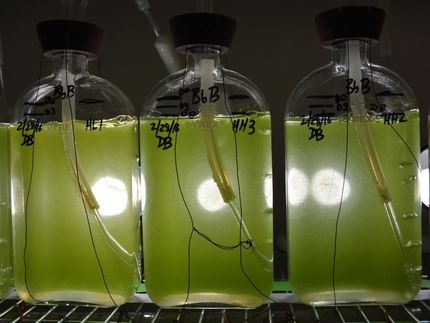ExxonMobil to Launch Biofuels Program
Focus is on Development of Advanced Biofuels from Photosynthetic Algae
Exxon Mobil Corporation announced an alliance with Synthetic Genomics Inc. (SGI), to research and develop next generation biofuels from photosynthetic algae.
“This investment comes after several years of planning and study and is an important addition to ExxonMobil’s ongoing efforts to advance breakthrough technologies to help meet the world’s energy challenges,” said Dr. Emil Jacobs, vice president of research and development at ExxonMobil Research and Engineering Company.
“Meeting the world’s growing energy demands will require a multitude of technologies and energy sources. We believe that biofuel produced by algae could be a meaningful part of the solution in the future if our efforts result in an economically viable, low net carbon emission transportation fuel.”
ExxonMobil Research and Engineering Company has entered into a research and development alliance with SGI, a privately held company focused on developing genomic-driven solutions and founded by Dr. J. Craig Venter, to develop advanced biofuels from photosynthetic algae that are compatible with today’s gasoline and diesel fuels.
Under the program, if research and development milestones are successfully met, ExxonMobil expects to spend more than $600 million, which includes $300 million in internal costs and potentially more than $300 million to SGI.
“While significant work and years of research and development still must be completed, if successful, algae-based fuels could help meet the world’s growing demand for transportation fuel while reducing greenhouse gas emissions,” said Michael Dolan, senior vice president of ExxonMobil.
“The real challenge to creating a viable next generation biofuel is the ability to produce it in large volumes which will require significant advances in both science and engineering,” said Venter, CEO of SGI.
Added Jacobs: “After considerable study, we have determined that the potential advantages and benefits of biofuel from algae could be significant. Among other advantages, readily available sunlight and carbon dioxide used to grow the photosynthetic algae could provide greenhouse gas mitigation benefits. Growing algae does not rely on fresh water and arable land otherwise used for food production. And lastly, algae have the potential to produce large volumes of oils that can be processed in existing refineries to manufacture fuels that are compatible with existing transportation technology and infrastructure.”
Other news from the department business & finance

Get the life science industry in your inbox
By submitting this form you agree that LUMITOS AG will send you the newsletter(s) selected above by email. Your data will not be passed on to third parties. Your data will be stored and processed in accordance with our data protection regulations. LUMITOS may contact you by email for the purpose of advertising or market and opinion surveys. You can revoke your consent at any time without giving reasons to LUMITOS AG, Ernst-Augustin-Str. 2, 12489 Berlin, Germany or by e-mail at revoke@lumitos.com with effect for the future. In addition, each email contains a link to unsubscribe from the corresponding newsletter.






















































